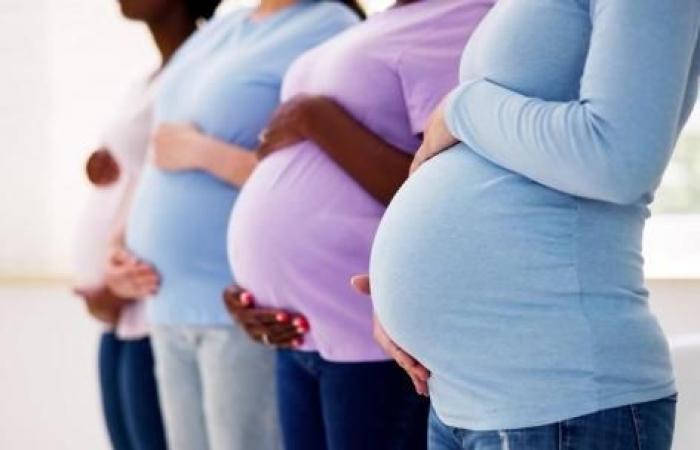THE ESSENTIAL
- Severe iron deficiency during pregnancy is associated with a higher risk of complications.
- Iron infusions during the 3rd trimester of pregnancy are safe and significantly increase the iron levels of pregnant women.
- This treatment is more effective than iron tablets against maternal anemia.
Nearly 4 out of 10 pregnant women worldwide suffer from iron deficiency during pregnancy and face many complications such as a high risk of allergies. A study from the Walter and Eliza Hall Institute shows a more effective way to manage their anemia: iron infusions during the 3rd trimester.
Their results were published in the journal Nature MedicineJanuary 6, 2025.
Pregnancy: less anemia with iron infusions
For this research, the team from the Australian establishment worked with researchers from the Training Research Unit of Excellence and Kamuzu University of Health Sciences (Malawi). 590 pregnant women suffering from anemia and living in Malawi were followed. Some received iron infusions, others took iron tablets at the time of delivery.
Result: mothers who had iron infusions had a lower prevalence of anemia compared to those who took the pills. Additionally, third-trimester infusion protected the mother’s iron stores, even after delivery.
Maternal anemia: towards new guidelines?
“Although anemia is one of the most preventable causes of illness and death in low-income countries, any woman across the world can become anemic during pregnancy, highlighting how it remains a priority world”comments Professor Sant-Rayn Pasricha, co-corresponding author, in a press release.
“A single iron infusion in the third trimester can achieve what oral iron tablets taken every day during pregnancy cannot”he adds. “This sustained impact on anemia is an unprecedented finding that really crystallizes the argument for using infusions in late pregnancy to rapidly increase red blood cell production and iron levels.”
Currently, to prevent complications related to maternal anemia, the World Health Organization (WHO) recommends taking iron tablets twice a day for pregnant women. The researchers hope to be able to share their data with experts from the health organization in order to “to help inform future global guidelines on antenatal care”.






